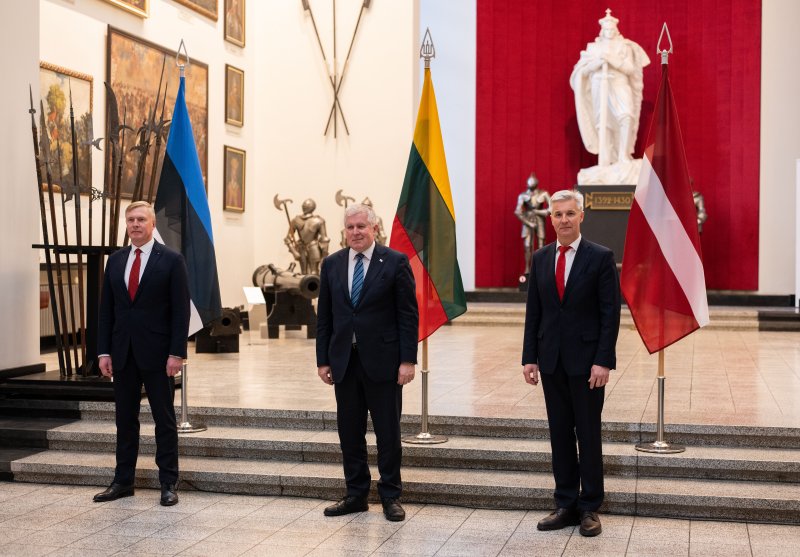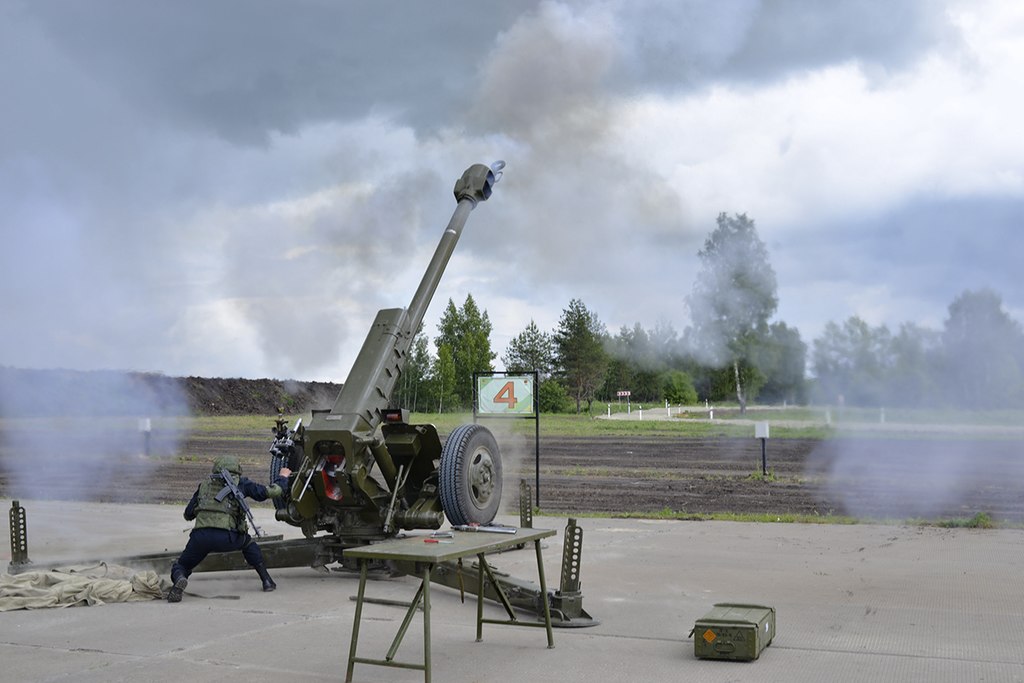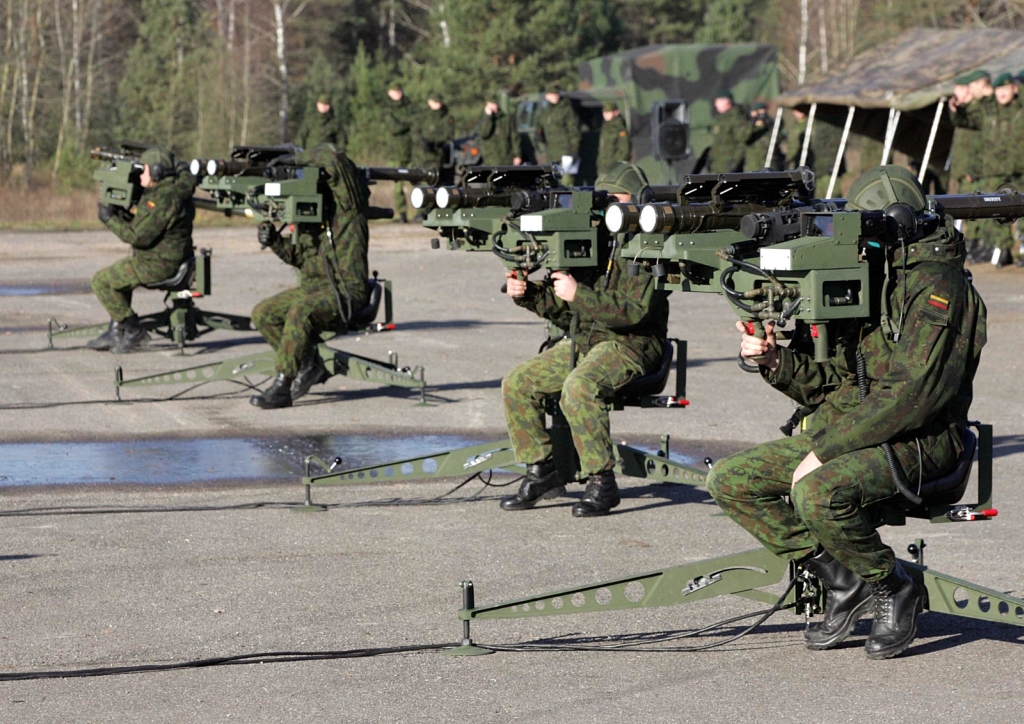Estonia and the Baltic states are to help Ukraine with missiles to bolster its defensive military capabilities; Germany, on the other hand, is blocking some of Estonia’s aid to Ukraine – at whose border over a 100,000 Russian troops have been mobilised.
Estonia is to provide Ukraine with Javelin anti-armour missiles; Latvia and Lithuania will provide anti-aircraft missiles, the defence ministers of the three countries – all members of NATO – said in a joint statement on 21 January.
The three countries needed an approval from the United States – where both Javelins and Stingers originate from – to send weapons to Ukraine. The US gave the green light for the third-party transfer this week.
Enhancing Ukraine’s capability to defend its territory
“Estonia, Latvia and Lithuania stand united in our commitment to Ukraine’s sovereignty and territorial integrity in face of continued Russian aggression. The Baltic states will continue supporting Ukraine not only in diplomatic and political ways, but also in strengthening Ukraine’s ability to defend itself,” the Estonian, Latvian and Lithuanian defence ministers – Kalle Laanet, Artis Pabriks and Arvydas Anušauskas, respectively, said.
“In light of Russia’s increase in military pressure in and around Ukraine, the Baltic states have decided to answer Ukrainian needs and to provide additional defence related assistance. This aid will further enhance Ukraine’s capability to defend its territory and population in case of a possible Russian aggression.”
Estonia will provide Javelin anti-armour missiles, while Latvia and Lithuania will provide Stinger anti-aircraft missiles and adjacent equipment to bolster Ukraine’s defensive military capabilities.

It is not yet clear when the delivery of the weapons will take place. The defence ministers said that the Baltic states and their allies are working together “expeditiously” to hand over the security assistance to Ukraine.
Estonia is also helping Ukraine with cybersecurity know-how and will provide a field hospital to the country in March.
Germany blocks some of Estonia’s military aid to Ukraine
Estonia is also planning to provide Ukraine with an unspecified number of Soviet-made 122-mm howitzer D-30s. The howitzers were originally stationed in the former East Germany, but after German unification in the 1990s exported to Finland, which then gave them to Estonia in 2009. Estonia needs a permission from both countries to give the weapons to Ukraine.
The Wall Street Journal on 21 January reported that Germany, however, is blocking Estonia’s plan to send the howitzers to Ukraine. According to the paper, German officials said the decision results from “a longstanding policy regarding arms exports to tense regions.”
“The principle governing arms exports is always the same—whether they come directly from Germany or from third countries—and no permission has been issued at this stage,” a German government spokesman told WSJ. “It is not possible to estimate the outcome of the process at this moment.”
A representative of Estonian Defence Forces told Estonian World that the Estonian officials are still hopeful that Germany will give the necessary approval – but admitted that “it’s a slow process” and “may take weeks”.

The Wall Street Journal quoted Ukrainian officials who said that any arms are desperately needed and that allowing Estonia to send the artillery pieces could be precedent for sending additional German-origin systems from other countries. “While the Estonian weapons wouldn’t change the dynamics on the battlefield, Germany’s refusal could be read by Moscow as another sign of division in the West’s ranks,” the paper said.
Russia has reportedly mobilised over 100,000 troops on Ukraine’s border and the Russian president Vladimir Putin has tasked his diplomats with securing US and NATO agreement to his demands for a new security order in the Eastern and Central Europe.
The Estonian government this week said it will spend an additional €380 million on national defence “during the upcoming years”.
Cover: Lithuanian soldiers on a military exercise holding the US-made Stinger anti-aircraft missiles. Photo by the Lithuanian defence ministry.

